At first I assumed it was an earthquake, and then the huge blast of the explosion came to us • Below me I saw scenes of destruction, and cries and cries were heard from the dust • Testimony
Treatment of the wounded near the port of Beirut // Photo: AP
It started with deep and violent fluctuations. When I sat down in the head office of the CNN network in Beirut, I assumed that it was an earthquake and I immediately crouched down in order to find a hiding place.
Then, a split second later, the force of the explosion reached us, in the two rooms next to mine shattered glass. The window frames made of metal were slammed hard from the walls, cables and computer equipment were thrown to the floor.
I peeked out into the street and saw a column of reddish smoke, the same column of smoke that had been viewed thousands of times on social media, hovering over our building. Below me I saw spectacles of destruction and ruins and cries and cries were heard in the dust.
Outside, the streets were filled with crowds of confused people, many of them wounded and bleeding, or worse. Within hours, vacant plots became hospitals - an improvised field, as the search for the many missing began to become vigorous and hectic.
Violence and chaos are no strangers to Beirut. Many of those who heard the explosion in the distance assumed it was a car bomb or an air strike. But this explosion, the like of which the city of battle has never seen before, was felt far away in Cyprus.
A little over twenty-four hours later, city residents are still dealing with the dimensions of the disaster, the lives lost, homes destroyed and a livelihood that was abruptly cut short.
"For forty years, we have seen trouble of every possible kind, but we have not seen anything like it," said one man, as he examined the destruction caused to his electrical store. "As if the economic crisis, the wave of protests and the corona plague were not enough, it transcends everything."
The horror of that moment is still fresh, too. "The whole house collapsed on our heads," one woman told us as she pointed with her bleeding, bandaged hand at the wave of rubble that had been her home.
The international community has expressed its condolences and is sending medical assistance, rescue and rescue teams and other types of assistance. But this country was already on its knees before the cruel blow to Tzuza knocked it to the ground. Beirut is used to fighting, but the feeling of despair in the face of this disaster is present in all. The Lebanese currency is in free fall as food and other commodity prices rise. In recent months the sight of people, including adults, rummaging through trash cans in search of something to eat, has become commonplace.
"Our lives are cursed," one friend told me. In the words of the Lebanese-American poet, Khalil Gibran, "Mercy on the nation."
The writer is an employee of the CNN news network and writes on behalf of. Brought to the translation: Neta Bar


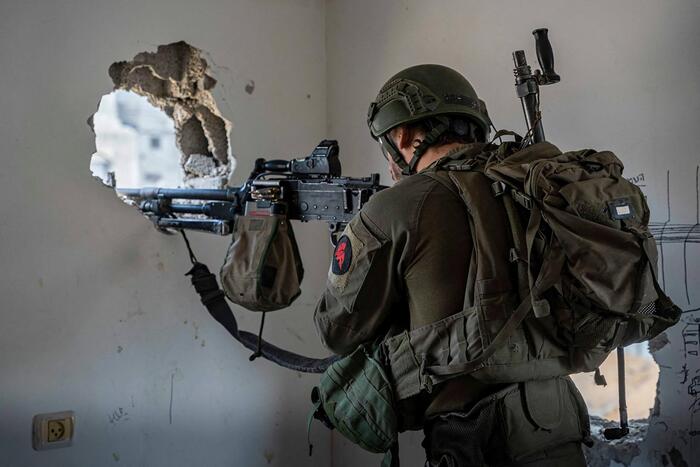
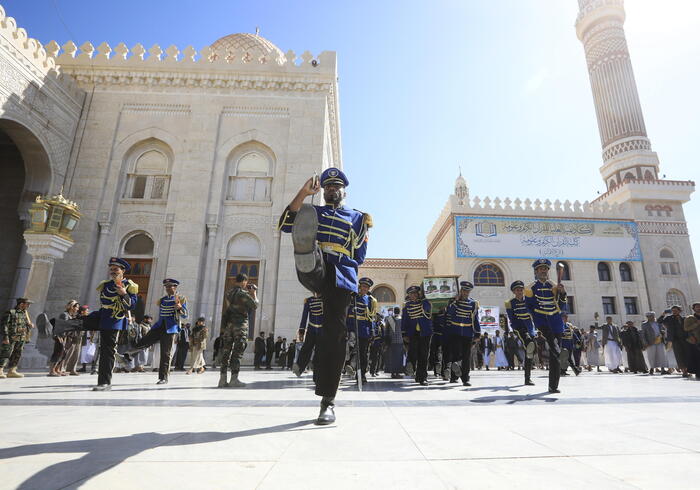
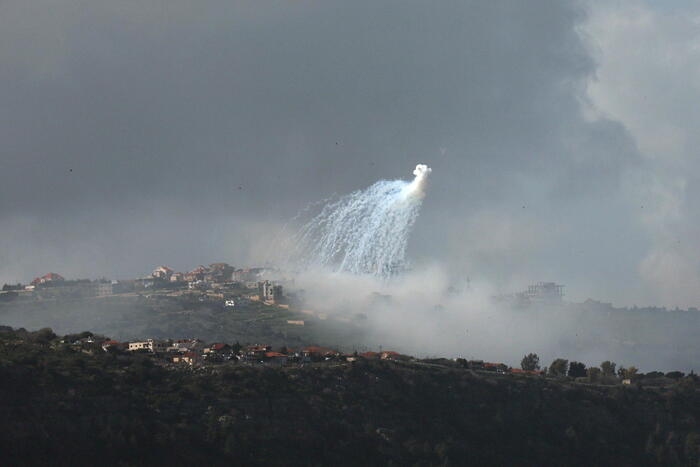
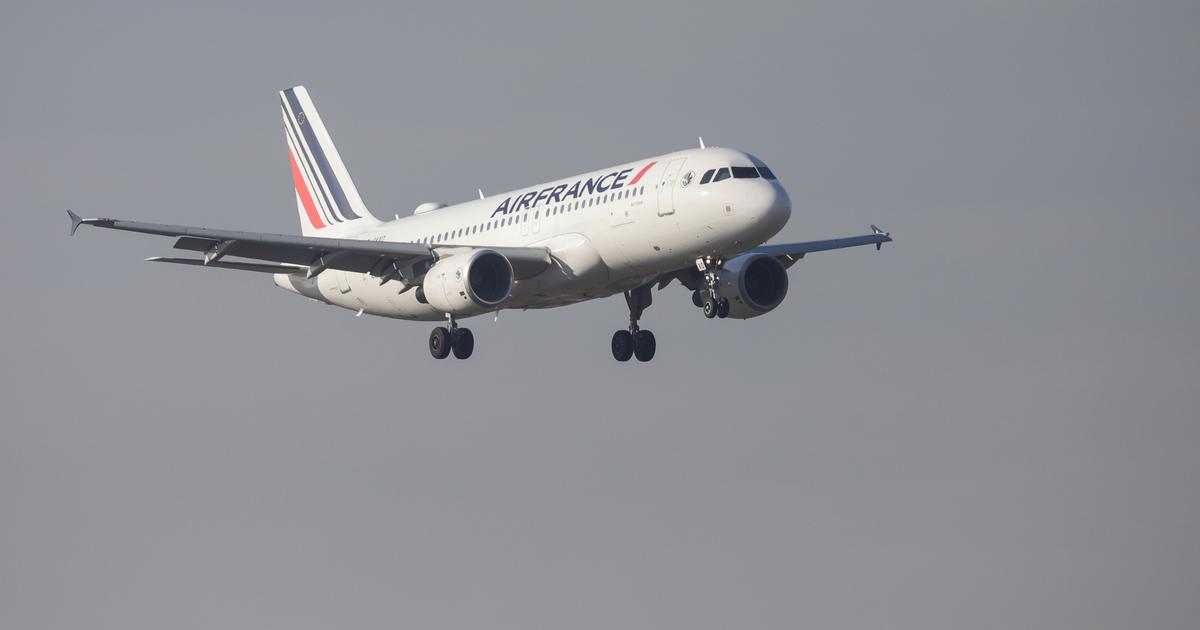
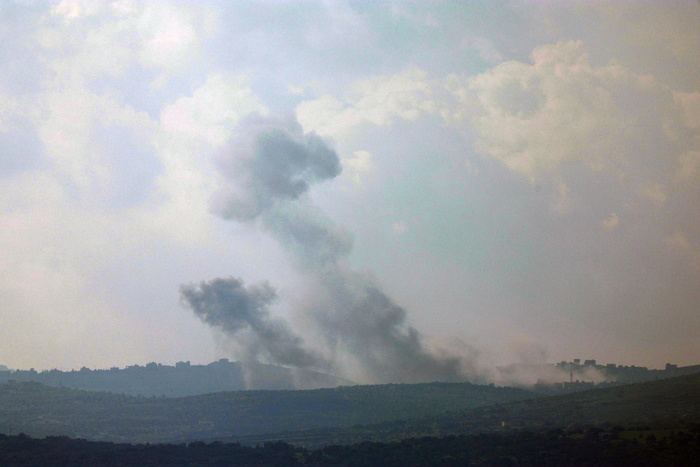


/cloudfront-eu-central-1.images.arcpublishing.com/prisa/WJD5WXP4WBA7JFCWV357AGKGAQ.JPG)





